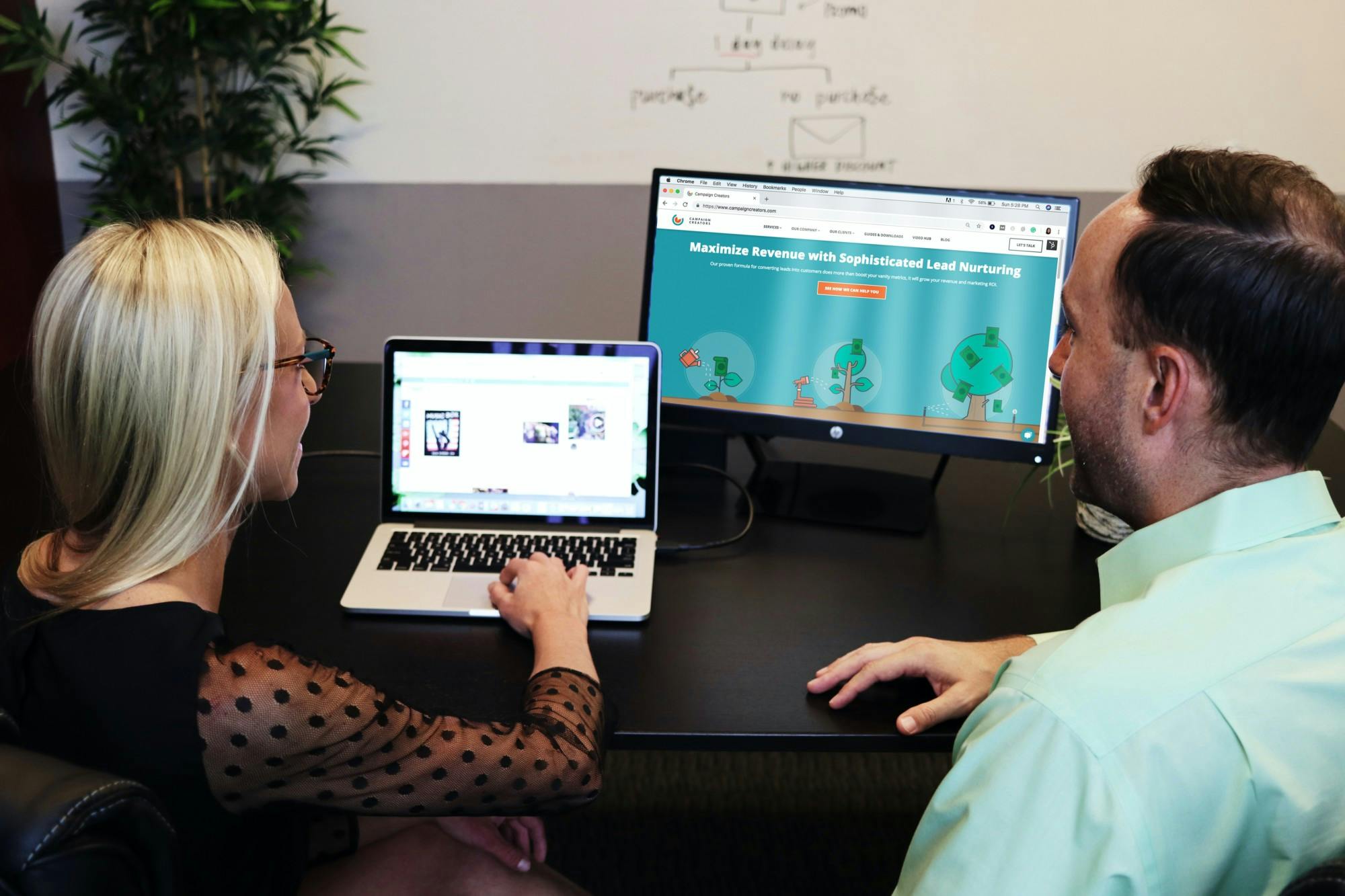Technology continually advances at such an alarming rate that recruiters worldwide are struggling to keep up with the shifts. Beyond just knowing how to leverage these new tools, many companies face the huge task of ensuring that employees have the skills to thrive in a tech-driven workplace.
While basic jobs like data entry are on the decline, new positions that demand creativity and personal human touch are emerging. But the skills required for these new roles and the current skill sets of employees are mismatched. By 2030, as many as 375 million workers—or roughly 14 percent of the global workforce—may need to switch occupational categories as digitalization, automation, and advances in artificial intelligence disrupt the world of work, according to a McKinsey report.
The good news is that employees are aware of the need to expand workforce skills. The bad news is that employers aren’t making enough effort to equip their staff for the future of work. Two out of five employees have left their jobs because of a lack of learning and development opportunities, LinkedIn discovered.
Intelligent tools and training—a recipe for recruitment success
Dabbling in cloud applications won’t get an organization very far. CEOs must invest in strategic tools while training their employees to grow in skills that contribute to successful implementation and prepare them for new roles in the future. By 2022, no less than 54% of all employees will require significant re- and upskilling, reports the World Economic Forum.
Social/emotional skills, such as managing people and closely collaborating with others, are increasingly important. More advanced cognitive abilities are also essential, like creatively applying expertise, analyzing the flow of information from multiple sources, and using logic to come up with innovative ideas and solutions.
What kind of work environment will enable employees to develop an aptitude for such skills? An integrated digital workplace can be wielded as a powerhouse to sharpen your workforce amid turbulent times.
Four durable skills to cultivate in a digital workplace
1. Learn to use technology as a partner
Building software solutions is no longer a task for IT professionals alone. Employees can instantly create custom applications using no-code, drag-and-drop software. Training employees to build their own applications facilitates speedier resolutions, deepens ownership of process management, and heightens engagement.
Every organization has fixed, repetitive processes involving frequent information exchange or approvals, particularly in HR, finance, and procurement departments. For example, A hiring manager can quickly get burnt out juggling onboarding procedures and checklists, but automating the process for new hires eliminates the chaos. After organizing the onboarding steps in an automated workflow, tasks are sent to the right person at the right time for every hire.
2. Collaborating with other humans
Automation, AI, and other technologies have revolutionized business operations, but humans must still work together to determine relevant data input and analyze the output. Designing a new product or reevaluating a marketing strategy also requires diverse competencies from various colleagues. Collaboration in the workplace is essential to forward progress.
A digital workplace is an ideal environment for managers to model effective communication by sharing thoughts related to strategies, specific tasks, and relevant industry news. Established policies and procedures for communication serve as a framework to guide employees as they adjust to contextual collaboration.
In an open workplace, ideas and feedback are respectfully received, considered, and documented in an orderly manner. Fluid consensus-building measures cut down on stress when disagreements arise. Balanced connectedness fuels a synergy built on the sum of a whole organization’s human capital rather than its parts.
3. Coordinating projects
Managing all the facets involved in running a successful project can be daunting for new leaders. Keeping tasks in line, assigning roles, and ensuring timely submissions is a lot to handle. Group members also experience frustration when a limited view of the overall project and lack of data access hinders their ability to perform.
In a digital workplace, a new team leader can coordinate a project with confidence on an intuitive Kanban board. Team members experience end-to-end visibility that clarifies roles and points of contact. In a central system, adding a new team member is simple. In just a couple of clicks, anyone can get up to speed and access all the information they need to complete their work.
4. Leading with empathy
A successful digital workplace is largely dependent upon a leader’s ability to see past their duties and consider how work can be more efficient for teams as a whole. Executives selecting technology for their businesses should keep all users in mind. Will employees be able to build solutions independently and collaborate effectively? How flexible are the features? The best digital systems help teams and employees excel in their roles.
In the same way, department managers and team leaders must organize workflow in a way that’s conducive to all parties involved. What level of visibility is available? Is it easy for group members to locate information and points of contact? Dynamic digital workplace software empowers leaders to redesign workflow, reassign tasks, and reconstruct work from the ground up to meet the needs of every person involved.
Define your future
In the fourth industrial revolution, employees must possess a willingness to tackle new challenges, learn from mistakes, and seek new knowledge. However, even the most ambitious employees remain hindered in their pursuits without proper training opportunities or digital tools on the job.
HR Managers should embrace both the shifting job roles and evolving skill sets vital to maintaining a future-ready workforce. Companies mobilizing employees through relevant training in a unified digital workplace will be most prepared to navigate the future—whatever it may hold.
